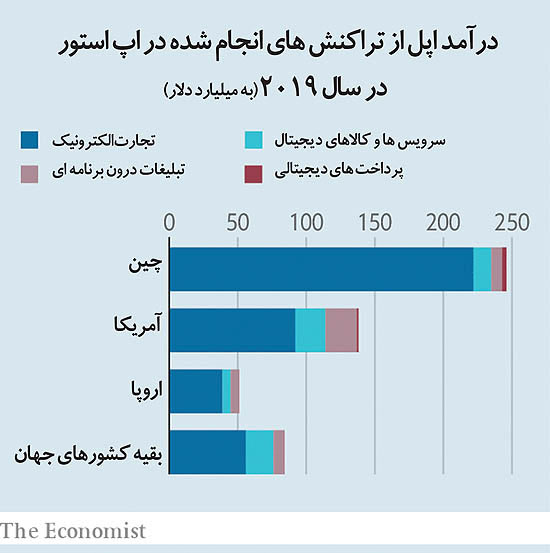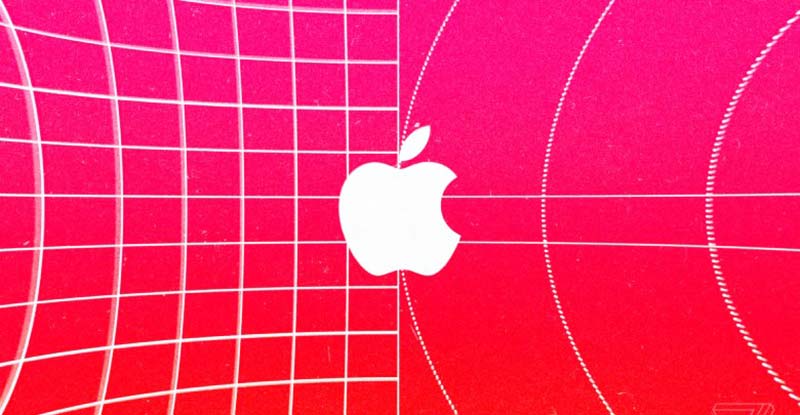The outbreak of Corona virus forced Apple, like many other companies, to hold its annual event virtually. The event, held last week on June 22, was no longer about encouraging participants to speak, and instead, viewers saw a pre-recorded video of Apple CEO Tim Cook delivering new versions of the iPhone's operating system, new chips. Apple's laptops and desktops, as well as the company's plans to unlock some of Biamo's cars, were announced by iPhone.
Just a week before the Apple Developers Conference, the European Union announced an investigation into violations of the company's anti-monopoly rules. This, in turn, has led to dissatisfaction among developers of Apple's software and apparently those who attend Apple's annual WWDC event. The European Union (EU) is investigating allegations made by the Swedish online music company Spotify, a maker of Tile tracking devices and a maker of Kobo e-readers. The companies were protesting against laws that forced app developers for Apple devices to use Apple's own system to manage in-app purchases. Thirty percent of each of these transactions goes to Apple. At the same time, the rules limit Apple's ability to guide users to other payment options, such as websites. Since Operator is the only way to sell software to iPhone users, these companies claim that Apple's rules are abusing its control over the platform.
These objections have even gone beyond those companies that have formally sued. Just before WWDC, Basecamp, the maker of the Hey email app, got into a fight with Apple. The company's executives believe that removing Apple's 30 percent stake in some of Operator's transactions is unfair, while online taxi apps like Uber don't have to pay that much to Apple. Other developers have secretly protested and complained about Apple's revenge and retaliatory actions. Apple, however, has denied the allegations, even giving some of them privileges such as reducing restrictions on web browsers, online music apps, and other software, and allowing developers to violate operator rules when their products are said to be in violation. , May have a complaint.
However, Apple's legal issues are not limited to the company's payment systems and disputes with the European Union. In addition to receiving 30% of the amount of each transaction related to in-app purchases, the company also collects 30% of the sales of each application in the operator. A US lawsuit alleging that the monopoly of operators has led to higher prices for consumers has led to a green light coming into effect last year.

Evidence suggests that, in general, in the technology industry, working conditions are gradually becoming more difficult in the geography of the two sides of the Atlantic Ocean. Google, Facebook and Amazon have also faced similar scrutiny. On June 18, Microsoft board chairman Brad Smith, who failed in a major case of violating anti-monopoly laws in 2001, referred to Apple's and Google's control of the smartphone market rather than Microsoft's control of the personal computer market. Did.
Tim Cook and Sandar Pichai, CEO of Google's parent company, Alphabet, may have a different view, as each can claim to have to compete with each other. That's why Apple may be tempted to put pressure on its developers by putting pressure on lawmakers. Meanwhile, the iPhone market, Apple's most important source of revenue, has been stagnant in recent months, and users are less likely to consider replacing their old phones with new ones. According to Neil Cybart, the number of people buying iPhones for the first time since 2016 has dropped by 63 percent. However, experts expect Apple to change its revenue model from selling iPhone smartphones and focus on revenue from services.



















